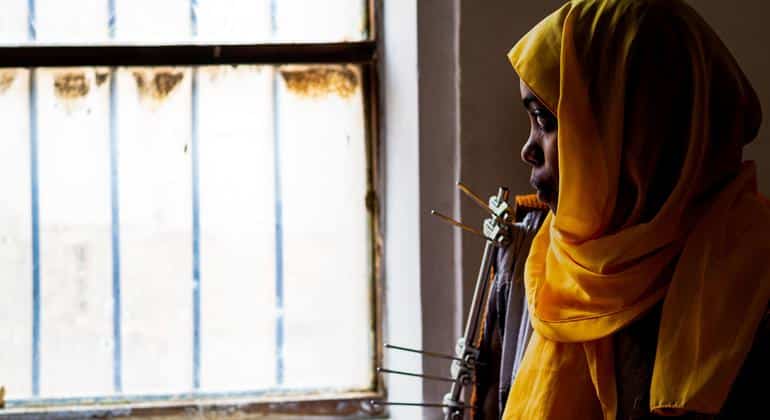Every year, the number of human trafficking victims increases alarmingly, as do the distances they must travel and the violence they face. On the recent World Day Against Trafficking in Persons, celebrated on July 30, the United Nations Office on Drugs and Crime (UNODC) and the International Organization for Migration (IOM) highlighted this global issue, largely driven by organized crime. Between 2020 and 2023, over 200,000 people were victims of this crime, although it is estimated that only a fraction of cases are reported.
Organizations report that criminal networks exploit migration flows and use digital platforms to facilitate cross-border trafficking, taking advantage of legal and economic loopholes. Traffickers profit from practices like forced labor and sexual exploitation and even coerce victims into engaging in criminal activities ranging from online scams to drug trafficking. Alarmingly, one in three victims is a minor, and 78% of them are recruited for forced labor or sexual exploitation.
The IOM has emphasized that these criminal networks manipulate and threaten vulnerable individuals, including migrants and youth, luring them with deceptive employment promises that often lead to situations resembling modern slavery. IOM Director General Amy Pope stressed that human trafficking is a human rights crisis and a global commercial activity that fuels corruption and fear, disproportionately affecting those who need help the most.
Even when they manage to escape or are rescued, many victims continue to face stigma and even criminal records, being treated more like offenders than survivors. These practices generate massive profits for traffickers, estimated at around $40 billion a year. Often, the criminal justice system punishes those who have suffered these rights violations, while perpetrators go unpunished.
In light of this critical situation, the IOM makes an urgent call to governments and communities to recognize survivors as victims, not criminals. It is crucial to ensure their protection and support, as well as to establish mechanisms that overcome existing bureaucracy. To eradicate this phenomenon, law enforcement must implement stricter laws and strengthen international cooperation.
The IOM and UNODC conclude that justice and support for victims must become priorities in the fight against human trafficking. The protection of these individuals must be approached from a rights-centered perspective, as without it, the fight against trafficking cannot effectively advance.
via: MiMub in Spanish











